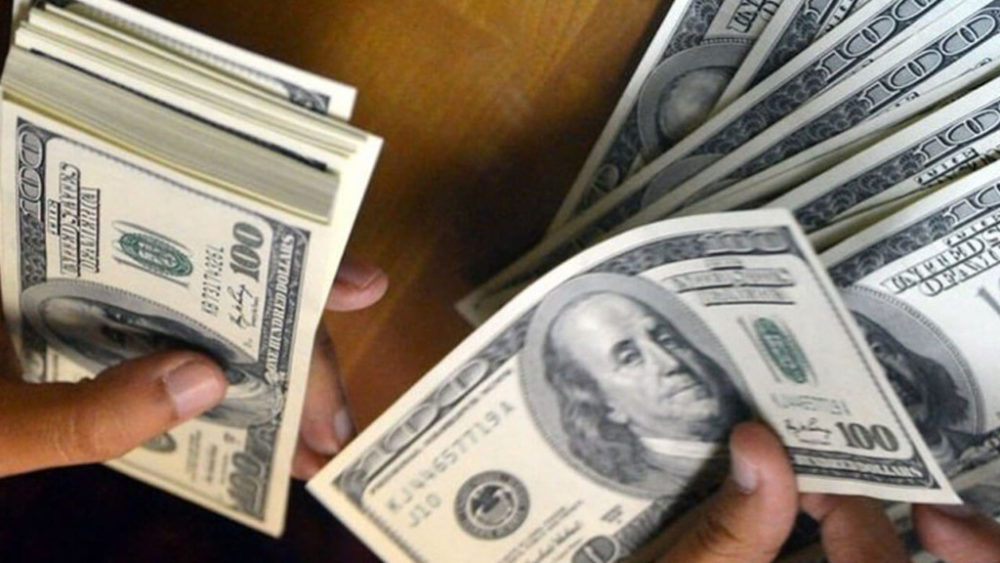Nigeria’s foreign reserves dropped by $827m an equivalent of N313.56bn during the first quarter of 2021 despite rally in crude oil prices.
The reserves as of March 31, fell 2.32 per cent from $35.65bn recorded at the beginning of January 2021 to $34.82bn.
Advertisement
Data obtained from the Central Bank of Nigeria revealed that at the beginning of January this year, reserves had climbed to $35.65bn, from $35.37bn recorded as of December ending.
Nigeria depends on crude export to earn over 90 per cent of foreign exchange annually, but low demand of crude oil arising from the Covid-19 pandemic had slashed the prices to less than $20 per barrel in March.
During the 2020 oil crash, reserves fell to $33.42bn in April, which is the worst after the country’s 2016 recession.
Brent Crude prices had risen by 10.64 per cent to $65.41 per barrel in March, from $54.77 which it was in January.
Advertisement
In February, crude price was about $49.99 per barrel, while external reserves during the period hit $36.19bn, which is the highest during the three months period and early April.
Explaining why the prices have not reflected on the reserves, the Chief Executive Officer of Economic Associates, Ayo Teriba, said in a telephone interview that foreign exchange earnings from the sale of oil at the improved price were not received by the end of March and did add up to the reserves as of the first quarter ending.
Teriba said, “The relationship between oil price and reserves is not contemporaneous. The oil prices reported today apply to the deliveries in 60 days. There is a two months lag from the time you see crude oil improvements to the time it hits the reserves.
“Oil sold today is delivered in 60 days, therefore your revenue will arrive in two months. So, you have to wait for two months from the time that oil started improving before it starts impacting reserves.
“You will probably see the impact of the improvement in oil price in the first quarter in the reserves in the second quarter. So the payments Nigeria is still receiving is for the oil sold at the lower price.”
Advertisement
The CEO said the rally in oil prices to $65 per barrel would eventually improve the country’s external reserves.



